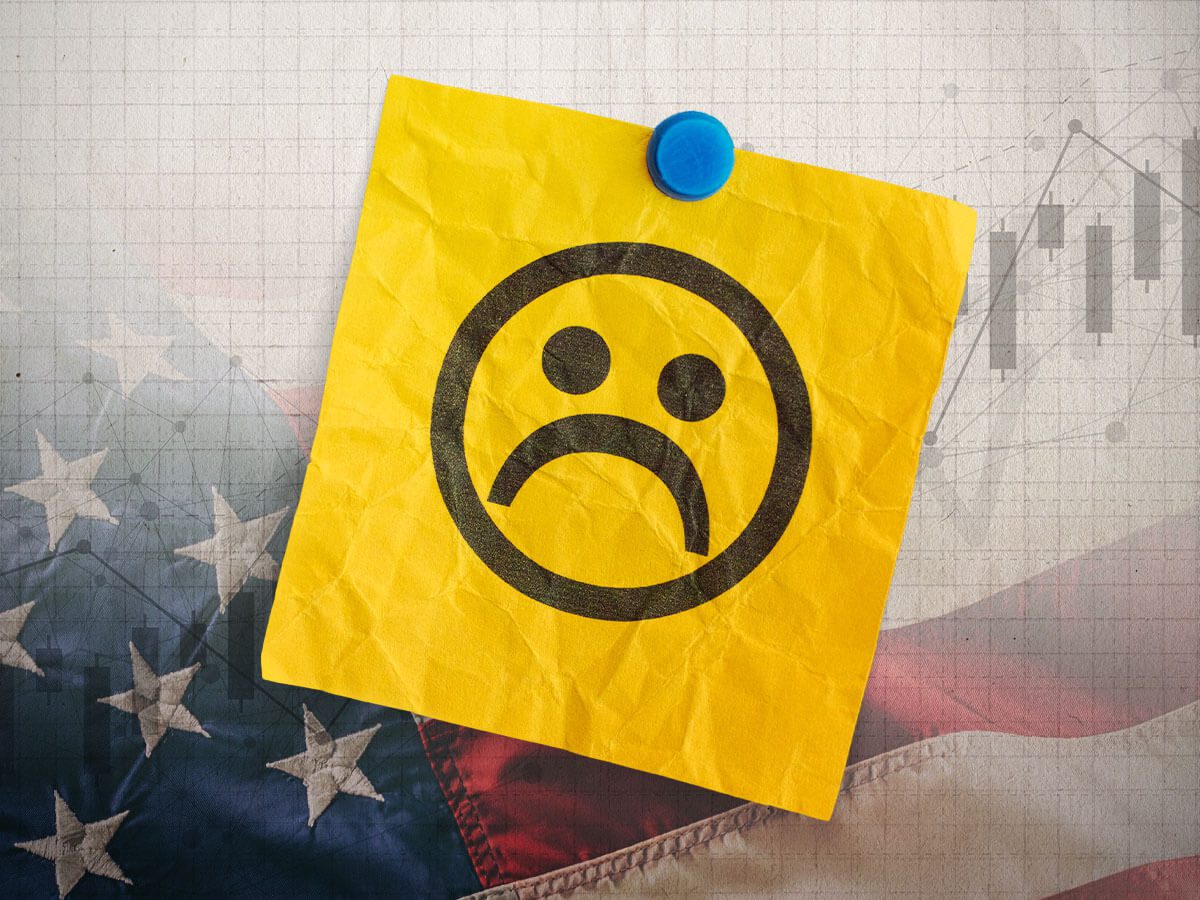
The United States has lost a spot in the top 20 happiest countries, falling 8 points from 15 to position 23 in the latest World Happiness Report. It is the first time the US has fallen from a top 20 spot since the report began 12 years ago. The report uses six variables to explore happiness, including GDP per capita, social support, healthy life expectancy, freedom, generosity, and corruption. The report then allows individuals to assess their own happiness. This year, Finland was in the top spot, followed by Denmark and Iceland, countries that have consistently finished in the top spots throughout the years. Afghanistan was ranked as the least happy country in the world.
Young people under 30 appear to be the biggest factor in the nation’s fall from the top 20, with the US ranking at 62 for people under 30, while ranking at number 10 for those above 60. The gap of happiness between young and old is similar in other English-speaking countries like Canada and Great Britain. The gap has been growing since the late 2000s after the Great Recession. The report does not explore reasons for the unhappiness but does highlight the growing trend of dissatisfaction amongst young people.
Dr. Vivek Murthy, the US surgeon general, sounded the alarm on the report, warning that young people are experiencing a “mid-life crisis” and blaming exposure to social media as a major source of unhappiness. He compared young people’s unfettered access to social media to giving unproven medicine and called on social media for young people to be regulated by the government. He called the findings a “red flag that young people are really struggling in the US and now increasingly around the world.” “To think that in some parts of the world children are already experiencing the equivalent of a midlife crisis, demands immediate policy action,” said study editor and director of the Wellbeing Research Centre Professor Jan-Emmanuel De Neve.
Murthy warned that the declining happiness rate “contradicts a well-established notion … that kids start out happier before they slide down the U-curve towards a mid-life crisis before [wellbeing] picks up again.” He shared that US adolescents spend an average of 5 hours per day on social media. Others have warned against the use of social media in young people, with Florida governor Ron DeSantis banning social media use for anyone under 14 and requiring 14 and 15-year-olds to obtain parental consent for social media use. The Guardian reports that childhood well-being and happiness is the best predictor for adult life satisfaction, with those expressing higher life satisfaction as adolescents going on to earn higher income and self-esteem later in life. USA Today’s Sara Pequeño cited the pandemic and economic upheaval as a major factor in young people’s growing unhappiness. “Everyone went through the pandemic. The fact that it hit at such a specific time – when so many of us were transitioning to adulthood – made it difficult, and the ‘after’ is still being felt,” she wrote. She also cited the dangers of “doom scrolling” on social media and how it is harder for young people to unplug than other generations. She stated that things are “not OK.” “It’s not really surprising that young people aren’t as happy as the rest of you – just don’t expect us to grin and bear it, please.”


